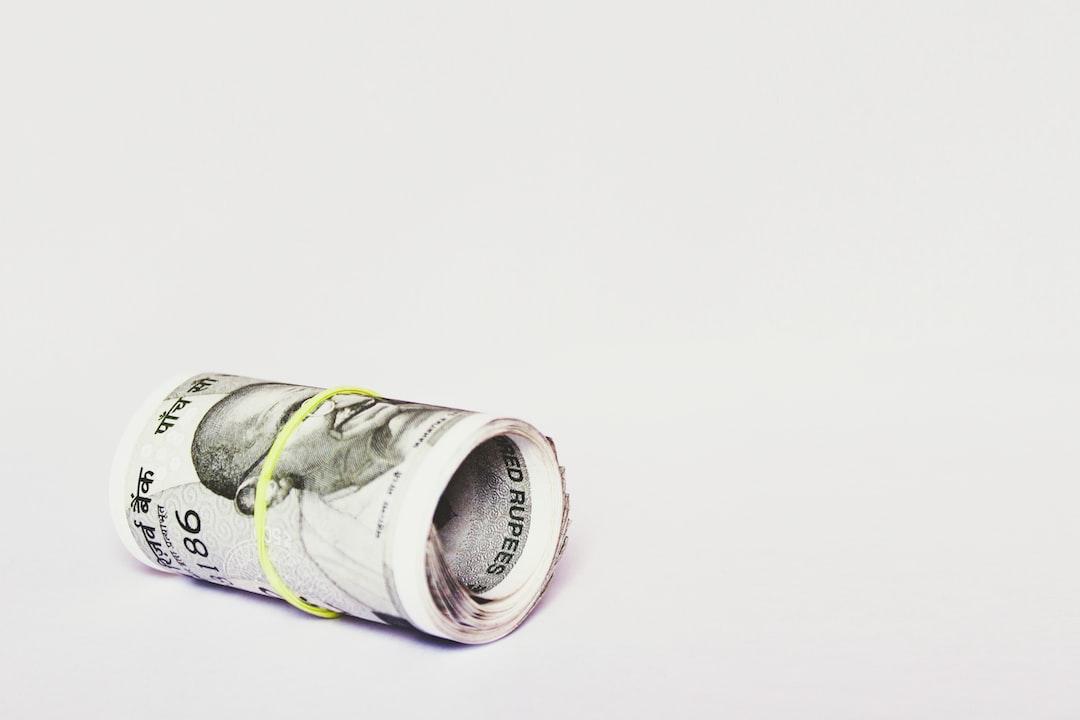Changpeng Zhao, founder and CEO of the cryptocurrency exchange Binance, recently tweeted that traders must be able to control fear and greed to achieve success. However, overcoming fear and greed isn’t a simple process, as evidenced by the existence of market indicators designed to measure these two emotions, which have the greatest impact on trading decisions.
Understanding Fear and Greed Indexes: A Guide
Fear and greed are powerful emotions that significantly influence the behavior of market participants; thus, they accurately represent the viewpoints of the vast majority of market participants. Uncontrolled fear can lead traders to panic sell assets, sometimes resulting in losses, exacerbating downward price pressures. Conversely, unchecked greed is a primary driver of many market bubbles, almost always ending in market collapses. This technology will continue to exist.
Fear and greed indexes were developed to assess which emotion is influencing market sentiment at any given time. It’s a number between 0 and 100, where 0 signifies extreme fear and 100 signifies extreme greed. Strictly speaking, it’s a composite of several independent indicators, each evaluating deviations from its average.
Since cryptocurrency exchanges may develop their own versions of fear and greed indexes, you can use a published version as an alternative if you want to tread cautiously. This version is subscribed to by many of the industry’s most influential participants. Mine.
It derives from CNNMoney’s fear and greed index for financial markets and integrates multiple variables, including volatility, trading volume and market momentum, social media, dominance, and trends. In the past, index calculations also included survey measurements; however, that data is no longer used.
The index shows whether Bitcoin investors are motivated by greed or fear. However, since the entire cryptocurrency market closely follows flagship currencies in terms of price and sentiment, it can be widely used across the field.
Fear and greed indexes measure whether the market is oversold or overbought. For example, if fear outweighs greed (indicating a score between 0 and 49), it may suggest that assets are becoming more affordable, potentially serving as a buying signal. However, a greedy attitude may indicate that the cryptocurrency market has reached overbought territory, suggesting it’s time to sell.
Fear and greed indexes are an example of a counter-indicator detecting market sentiment extremes. Since markets tend to overreact in the short term, these extremes can be viewed as entry and exit points and potential market highs and lows, causing the market to start moving in the opposite direction.
The Science of Balancing Anxiety and Motivation
Fear is a word that opposes the context of mastering it. Fear is our reaction when we feel danger, and greed is our reaction when we perceive opportunity. Once fear takes over us and starts flowing in our bodies, we can’t stop it. In other words, if you feel in control of the situation, you won’t feel afraid, and vice versa.
Once you succumb to your anxiety, no matter how much preparation you’ve done before, you’ll find a thousand rational reasons to act in accordance with your fear. This almost certainly leads to financial losses. Understanding this unpleasant fact is the first and most critical step in properly managing this powerful emotion.
In addition, there’s a universal trading knowledge that you should never risk using funds you can’t afford to lose. If you’re not concerned about the money you might lose, you’re basically immune to concerns about the asset’s value dropping. Even if you can’t control your fear, you can still take precautions to prevent it from taking over you. You can see it here.
Isn’t prevention better than cure? However, this has become quite extravagant. You don’t need to take such drastic actions. In most cases, you can avoid sweating profusely by determining the risks you’re willing to take and then accurately assessing the types of returns you can obtain from the asset.
The feeling of greed can be better controlled. Specifically, pursuing wealth won’t ultimately ruin you. When you succumb to greed, you risk the associated fears and dire consequences. The market immediately turns against you and retaliates.
Summary
Managing emotional experiences of greed and anxiety is necessary but not sufficient for trading success. Additionally, you must be able to profit from the greed and fear of others. As a trader, one of the most important things you can do is cultivate habits of monitoring market conditions and closely watching overall levels of fear and greed.
Just because everyone focuses on their financial interests in any market, especially the Bitcoin market.

